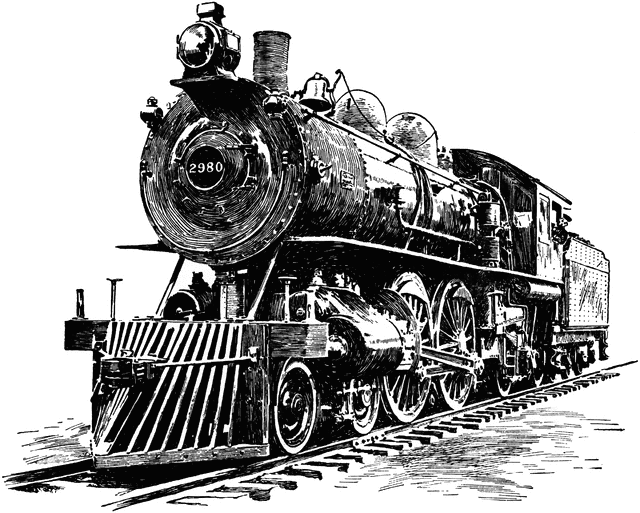 |
| German landscape of multiple factories formed during the Industrial Revolution. |
The industrial revolution in Germany was a major contributor to the nation’s unification. Before the economic boom, Germany was mostly a rural country with high unemployment rates. There were several instances in which people could not afford food and had to rely entirely on their own crops in order to eat.This caused Germans to yearn for weather that was ideal for crops during the farming season. However, the poor state in which Germany suffered during the first part of the century disappeared with the rise of factories and commerce. The industrial revolution did not just happen; it literally shocked Germany by making such radical changes in such a short period of time. It changed the entire lifestyle of the average German.
 |
| Germans migrated from the rural part of the country to urbanized areas during the Industrial Revolution. |
This industrial revolution in Germany began in the year 1848. The reason for this sudden fluctuation of factories and commerce was due to the creation of railroads across the German terrain. The abundance of jobs was directly correlated to the vast expansion of the railroad system. This relationship caused the new factories to produce more goods. Along with the ability to ship goods from one part of the country to another, trains also made it easier for Germans to travel in order to find work at the factories in urban Germany. This caused an increase in available jobs.
 |
| The creation of the railway system in Germany was the cause of the start of the Industrial Revolution. |
A sense of unity spread across Germany as a response to these new jobs. Between the years of 1848-1849, the revolution caused many events that allowed industrialism to grow rapidly. Because of the revolution, there was a peace of mind concerning political issues. This peace of mind allowed many businesses to start up and eventually expand.
Along with the expansion of businesses and the recent findings of gold in the United States and in Australia, “the capital supply increased enormously, making credit cheap, while prices rose and demand grew” (Shulze, 130). Because of the readily available capital, new banks were able to open and stock companies were founded for the first time which caused, “capital investment within the German Customs Union to increase more than three-fold” (Schulze, 130-131).
 |
| The German Industrial Revolution. |
Employees were grateful for being able to find regular employment with steady wages. After living through a pauperism state during the first part of the century, the industrial revolution was a miracle for employees who no longer had to worry how they were going to make money to pay for food. “Despite all the criticism that has been justly leveled at the deplorable conditions in which this first generation of factory proletarians lived and worked, one should keep in mind that in comparison with poverty of the preindustrial masses the average worker was now better off” (Schulze, 131). Due to the industrial revolution, there was a major reduction in unemployment and underemployment in Germany.
 |
| It was common for children to find employment in order to help their families make more money. |
This revolution helped the German identity evolve. Before the revolution, Germans lived in the rural part of the country and poverty was the norm. However, after the industrial revolution, poverty was no longer an issue due to rural Germans moving to urbanized areas. Even those that did not move to urban Germany during this time period were able to survive. It has been recorded that there were bad harvests in the years of 1855 and 1857 (Shulze, 131-132). Despite this, there were no hunger revolts that occurred in Germany.
The Germans found themselves in a new era after 1848. The large economic boom in Germany was very beneficial for the nation. Factories and businesses were able to hire more employees in the mid-1800s because labor was considered cheap during that period. Multiple factories started up, which drew potential employers like flies. Many Germans had occupations with steady wages, and were able to provide for their families without the constant worry of starvation from one day to the next. Although the working conditions were poor, Germans were grateful to have employment that paid well. This revolution was one of the first steps of the foundation of the German state.
 |
| A man working during the German Industrial Revolution. |